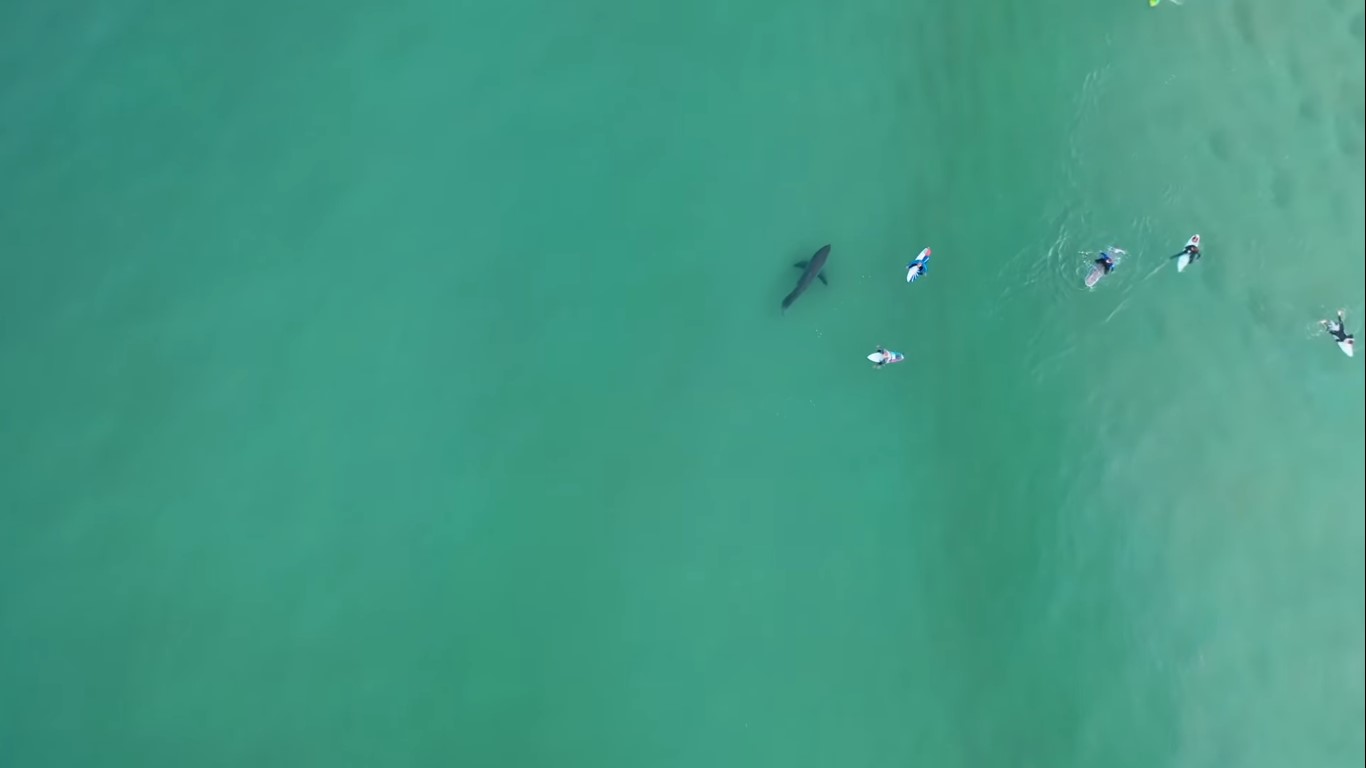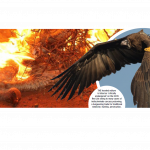Roving Reporters’ first Ocean Watch writing competition is shedding light on how sharks and rays have adapted over 400 million years. But many could now be on the brink of extinction – an issue featuring in several story pitches we have received so far.
We have now extended the deadline for entries to midnight on Friday, 17 July, to help us to produce a riveting seven-part series of news and feature articles on rays and sharks.
Selected writers will receive R750 cash and expert guidance from seasoned journalists in shaping their stories for publication.
Among Ocean Watch correspondents undergoing training is Natalie dos Santos, a WILDOCEANS Ocean Steward.
Several outstanding stories by Dos Santos have been published since she enrolled on Roving Reporters’ training programme last year.
And now she has a multi-media feature story lined up for a national news site. Provisionally titled: Killer story: welcome taste to a tired old tale, it’s an engaging read on how the public’s perceptions of sharks is changing for the better.
You too could soon be on the road to producing a great story for publication by simply emailing your story pitch or draft outline to matthewhattinghdbn@gmail.com by midnight on Friday (17 July).
NOTE: The competition is open to South Africans between the ages of 18 – 35. But we welcome other story ideas for our Ocean Watch series from other aspiring science writers, ocean enthusiasts and marine biologists around the world.
GUIDELINES
Essentially, a story pitch is a short outline of what your story is about and your research plan.
But to make it convincing, and make us say, “Yes, we are going to help you write this story!”, your opening lines must grab our attention. It must make us want to learn more about your story.
Better still, make your opening lines the proposed introduction to your story complete with a headline. This will show us that you have given serious thought to actually writing the story. It will give us a keen sense of your story writing talent.
Once you have introduced your story idea, you should:
- Explain the idea in more detail and motivate why it is exciting, worthwhile, and newsworthy.
- Tell us what research you will do, or have already done, who you will interview and any places you will visit/have already visited in doing your research or fieldwork.
- Describe the people at the centre of the action in your story. What is intriguing about them or the work they do. Why have you have chosen them as the voices in your story.
- What you as the writer, want to learn more about the topic and issues you are writing about.
- And last, and mostly important, how will you take readers out of their world and them care. Caring, after all, is the root of action.
As the Redford Centre states: “Stories. They have the power to open minds. And protect our planet. We make stories that move. We support storytellers who bring environmental issues to life through film. Our films foster awareness and action, dwell in possibility, and offer solutions and hope.”
At Roving Reporters we subscribe to the very same principles in guiding young writers through the process of writing stories that inspire. – Roving Reporters
For more tips on writing a good story pitch, click here.
• WILDOCEANS, a programme of the WILDTRUST, has facilitated access for Roving Reporters to their network of conservation-minded youth, to share their passion and writing skills for the purposes of this Ocean Watch series. The opinions and views expressed in this series are not necessarily those of the WILDTRUST.













